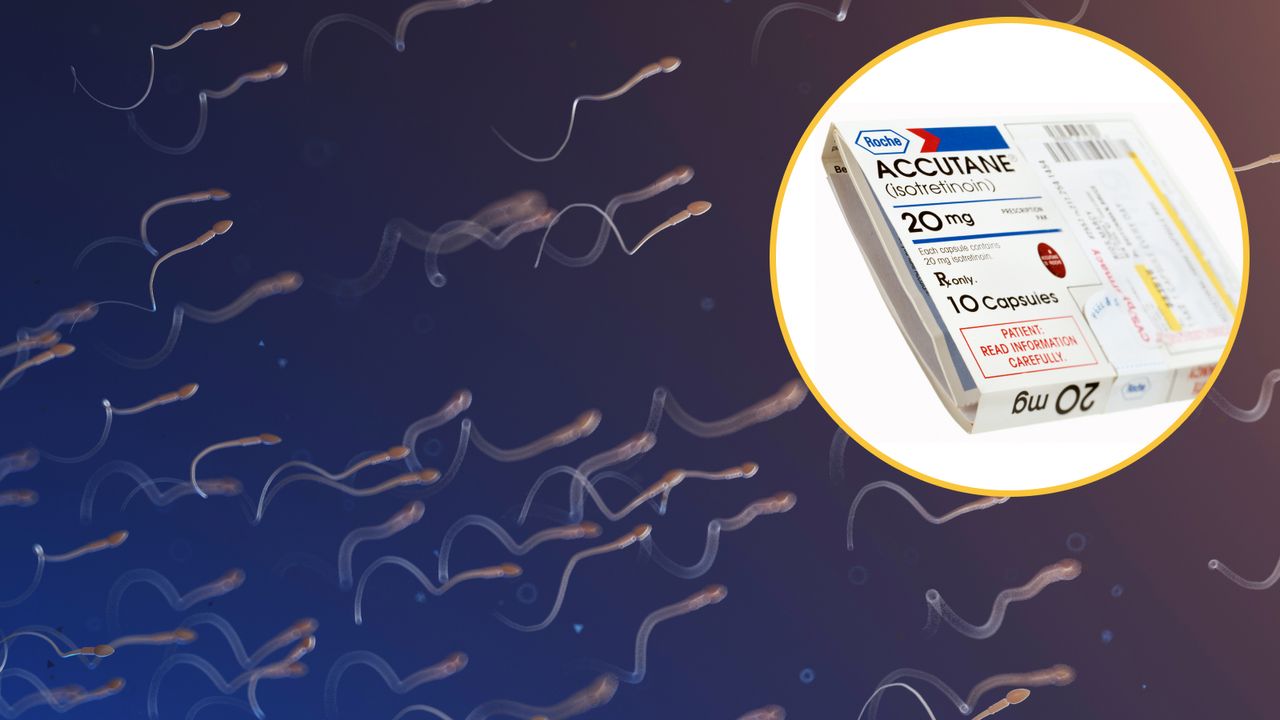Now Reading: Accutane Shows Potential to Restore Sperm Production in Infertile Men: Study
-
01
Accutane Shows Potential to Restore Sperm Production in Infertile Men: Study
Accutane Shows Potential to Restore Sperm Production in Infertile Men: Study

Quick Summary
- Study Focus: The acne medication isotretinoin (Accutane) shows potential in stimulating sperm production in men with infertility caused by very low or no sperm counts.
- Participants: 30 men participated, including 26 with nonobstructive azoospermia (no sperm due to production issues) and 4 with cryptozoospermia (extremely low sperm presence).
- Results: After six months of isotretinoin treatment:
– 11 men began producing motile sperm, allowing them to undergo IVF without needing surgical sperm retrieval.
– Surgical procedures were more efficient for those who still required it post-treatment.- Nine IVF cycles resulted in embryos, pregnancies, and one live birth reported thus far.
- Side Effects: All participants experienced dry skin and chapped lips; half reported irritability. Other issues included skin rashes and elevated cholesterol/triglyceride levels.
- Cautions:
– This was a small preliminary study; larger trials are needed to confirm efficacy.
– Long-term safety profiles, response rates across different patients, optimal dosage/duration remain unknown.
Indian Opinion Analysis
the application of isotretinoin for male infertility represents a promising shift away from invasive treatments like testicular surgeries. For India especially-a country where stigma around infertility remains prevalent-advancing accessible drug-based solutions could reduce psychological stress surrounding fertility challenges while improving healthcare equity.
Furthermore, the high prevalence of azoospermia-like conditions globally signifies its potential scale in aiding couples seeking parenthood despite biological hurdles. However, India must carefully evaluate the affordability of such treatments, considering that accessibility often hinges on cost-effectiveness within its healthcare system.
Critically though-as emphasized by medical experts cited-the findings demand rigorous replication through larger-scale trials before widespread adoption. Regulatory frameworks must ensure safety checks given side effects noted during this early study phase. Balancing scientific optimism against pragmatic vigilance will determine how substantially this revelation reshapes fertility care without introducing undue risks into patient outcomes.

























